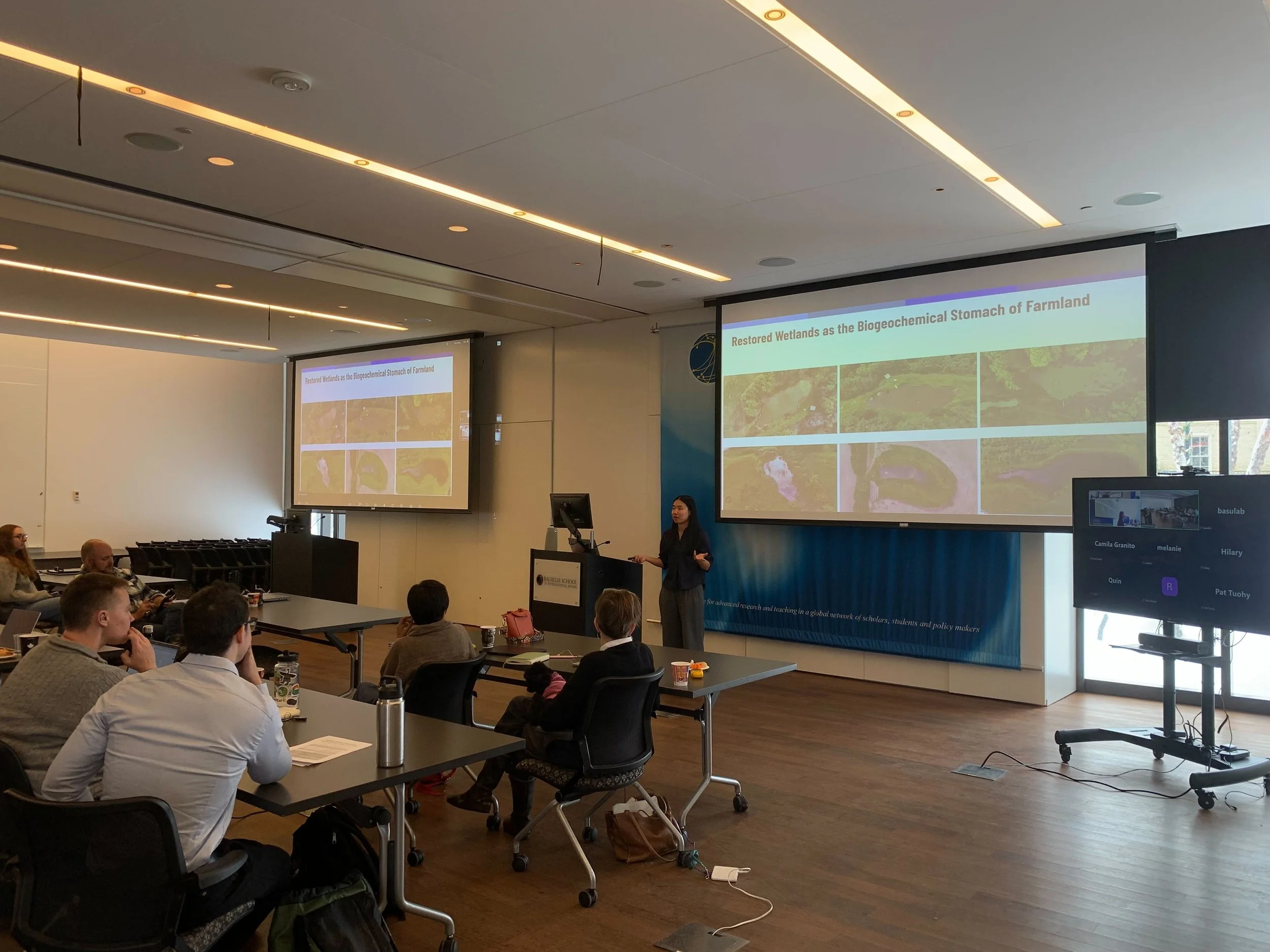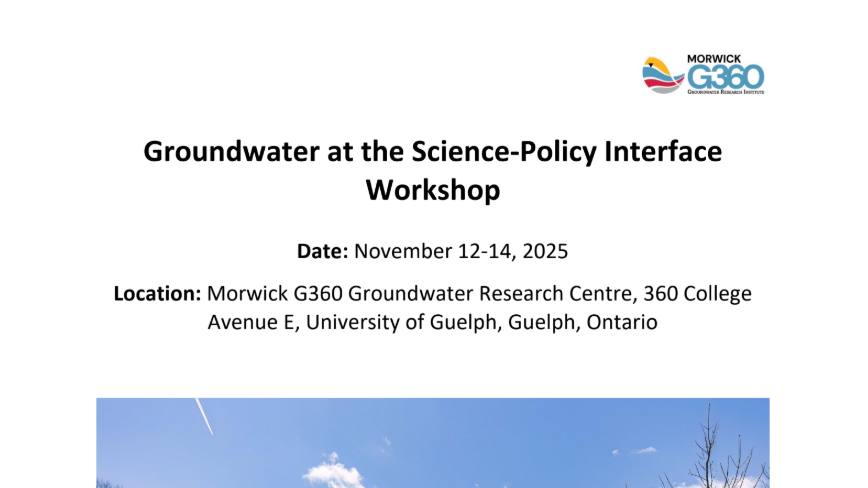SOLUTIONSCAPES
Multidimensional Climate Solutions at the Nexus of Nature, Food, and Water

Our mission is to support Canada’s ability to transition to a net-zero future, while improving water quality, ecosystem integrity and human well being

We will do this by developing a landscape approach to climate solutions in complex working landscapes. Working landscapes are actively managed areas, such as farmlands, where human activities integrate with the preservation of natural resources and ecosystem services, aiming for both economic prosperity and ecological integrity.

Climate solutions in working landscapes includes both nature-based solutions such as wetland restoration and climate-smart agricultural practices (e.g. cover crops) and technological solutions such as anaerobic digestion in biodigesters that can convert waste to bioenergy.

But can a climate solution also provide other benefits to society, such as improving water quality or increasing biodiversity? Can there be win-win scenarios? Or, can solving one problem create another? Does location matter? Answering these questions require a holistic, landscape approach.
SOLUTIONSCAPES is a landscape approach to climate solutions in complex working landscapes
Within these solutionscapes, multiple climate and water solutions are simultaneously implemented in spatially targeted, and regionally coordinated configurations to reduce greenhouse gas emissions and sequester carbon while improving water quality, ecosystem services, and community health and wellbeing.
SOLUTIONSCAPES: Designing climate and water smart agricultural solutions in complex working landscapes is funded through the Government of Canada’s Environmental Damages Fund. Administered by Environment and Climate Change Canada, $15.8 million is being allocated to six University of Waterloo research projects to identify solutions to environmental challenges. Nationally, the Climate Action Awareness Fund was part of a $58 million announcement for research projects that will advance science and technology to combat climate change.
Who are we?
We are a team of interdisciplinary scientists from six universities and ten partner organizations working together at the water-energy-food nexus to develop landscape approaches to climate solutions across Canada












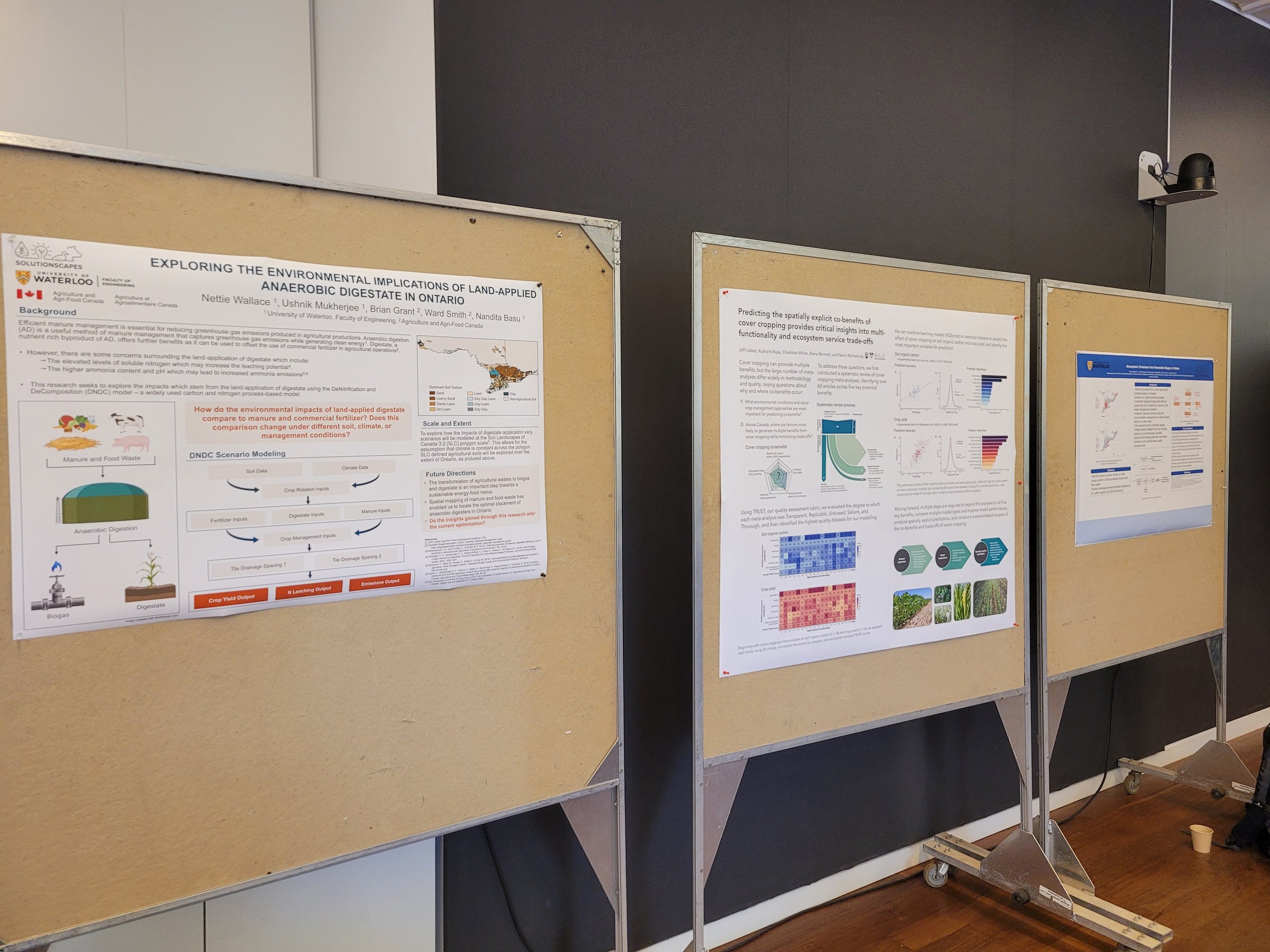
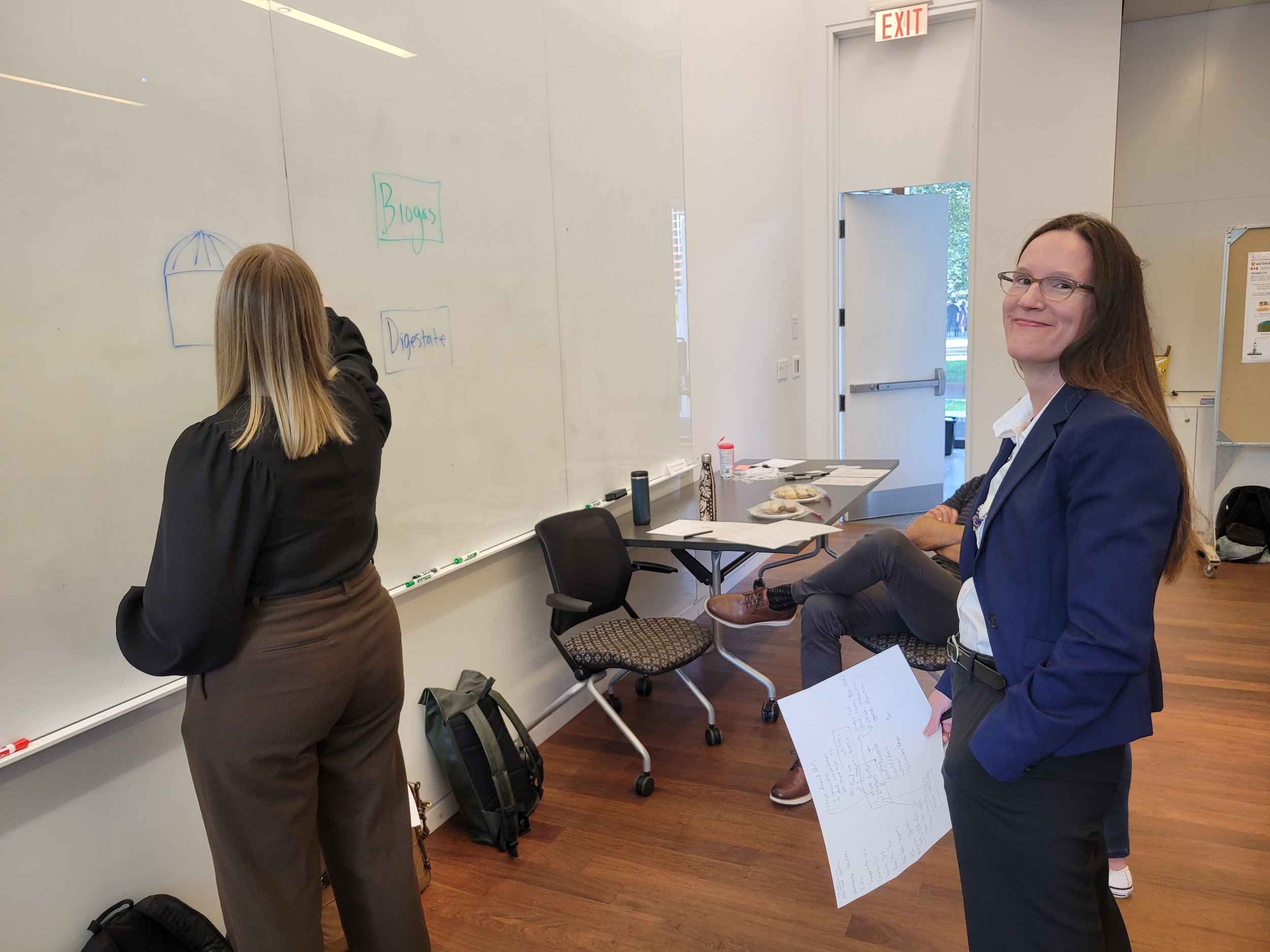
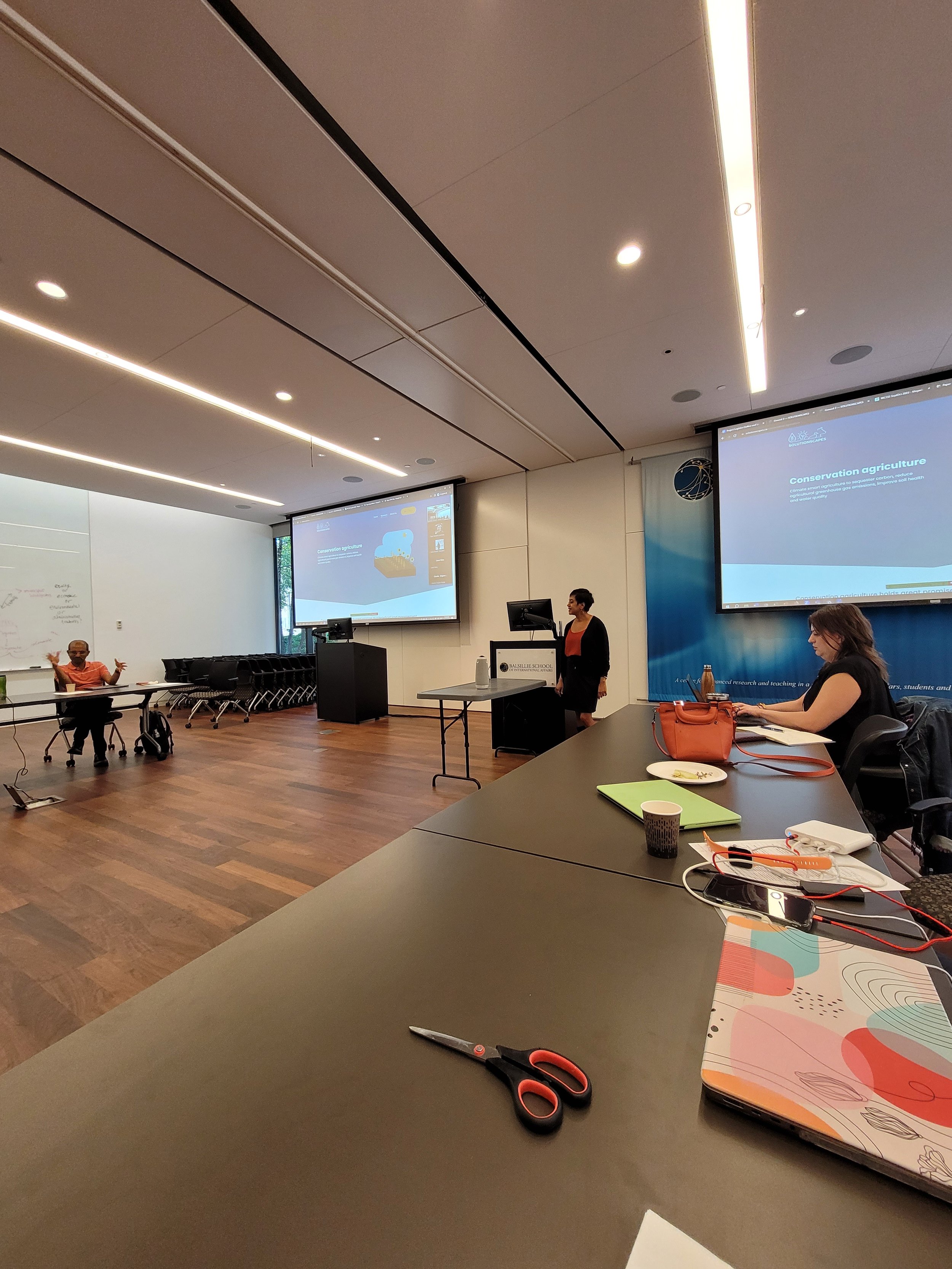
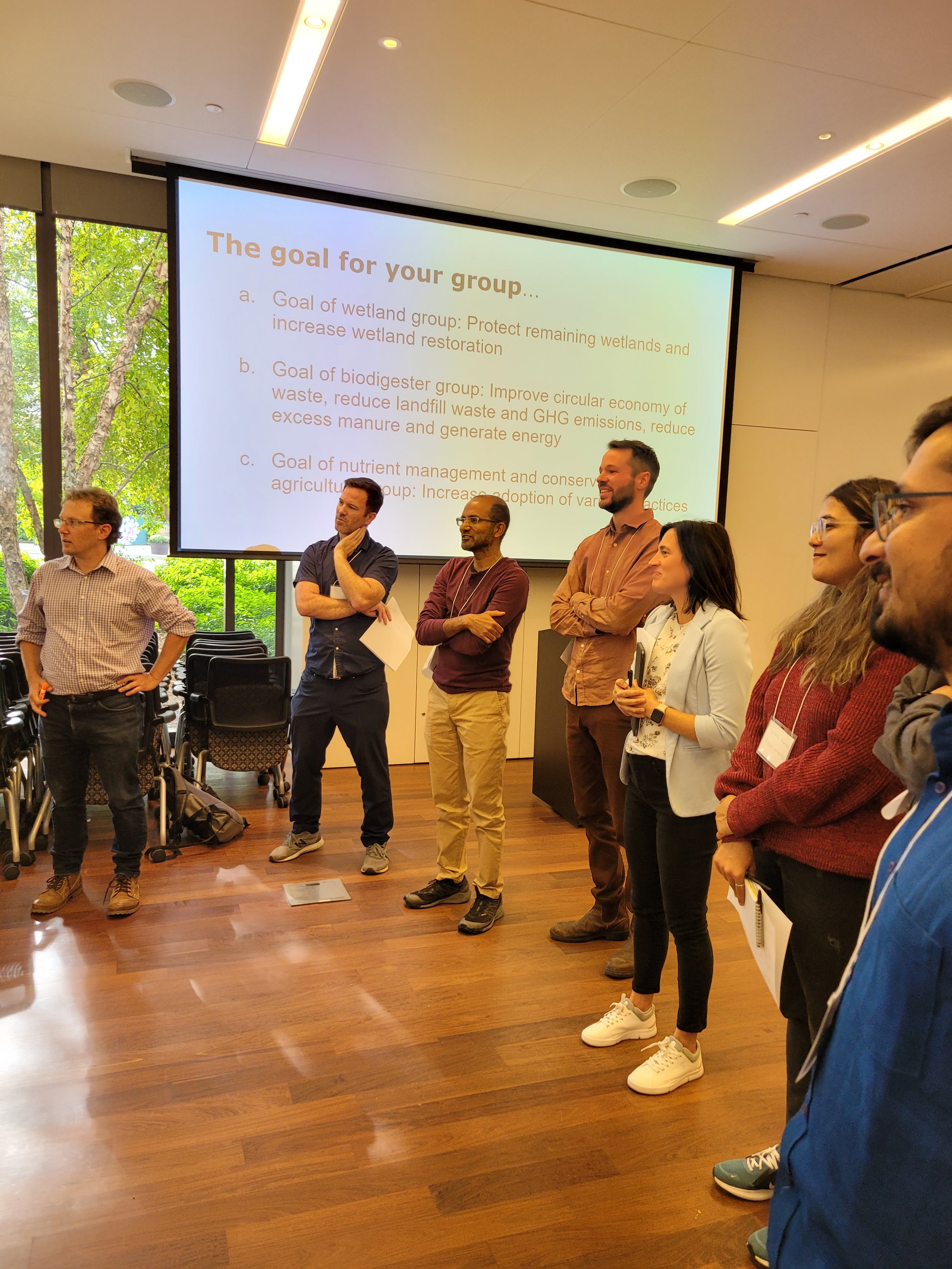
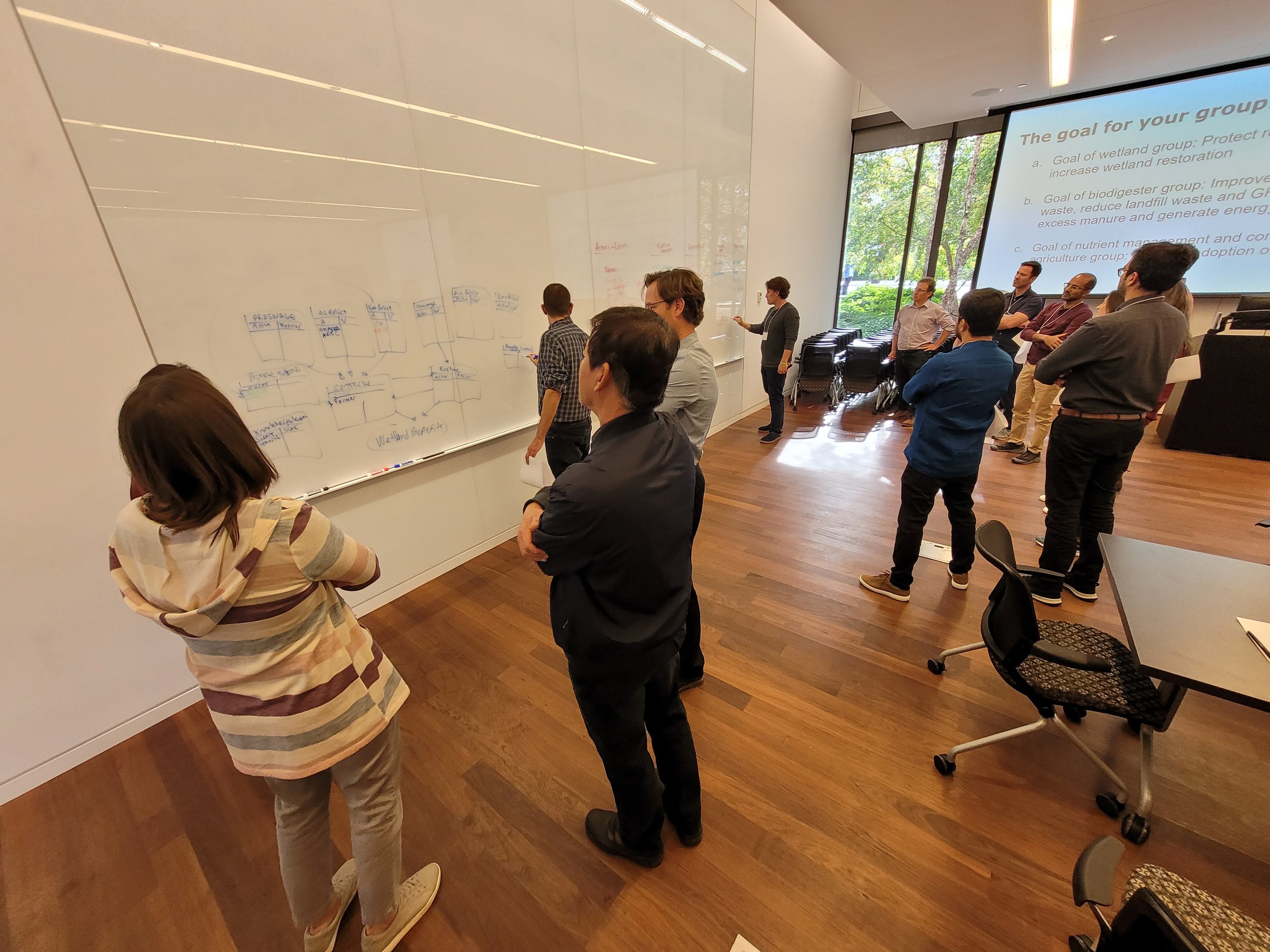
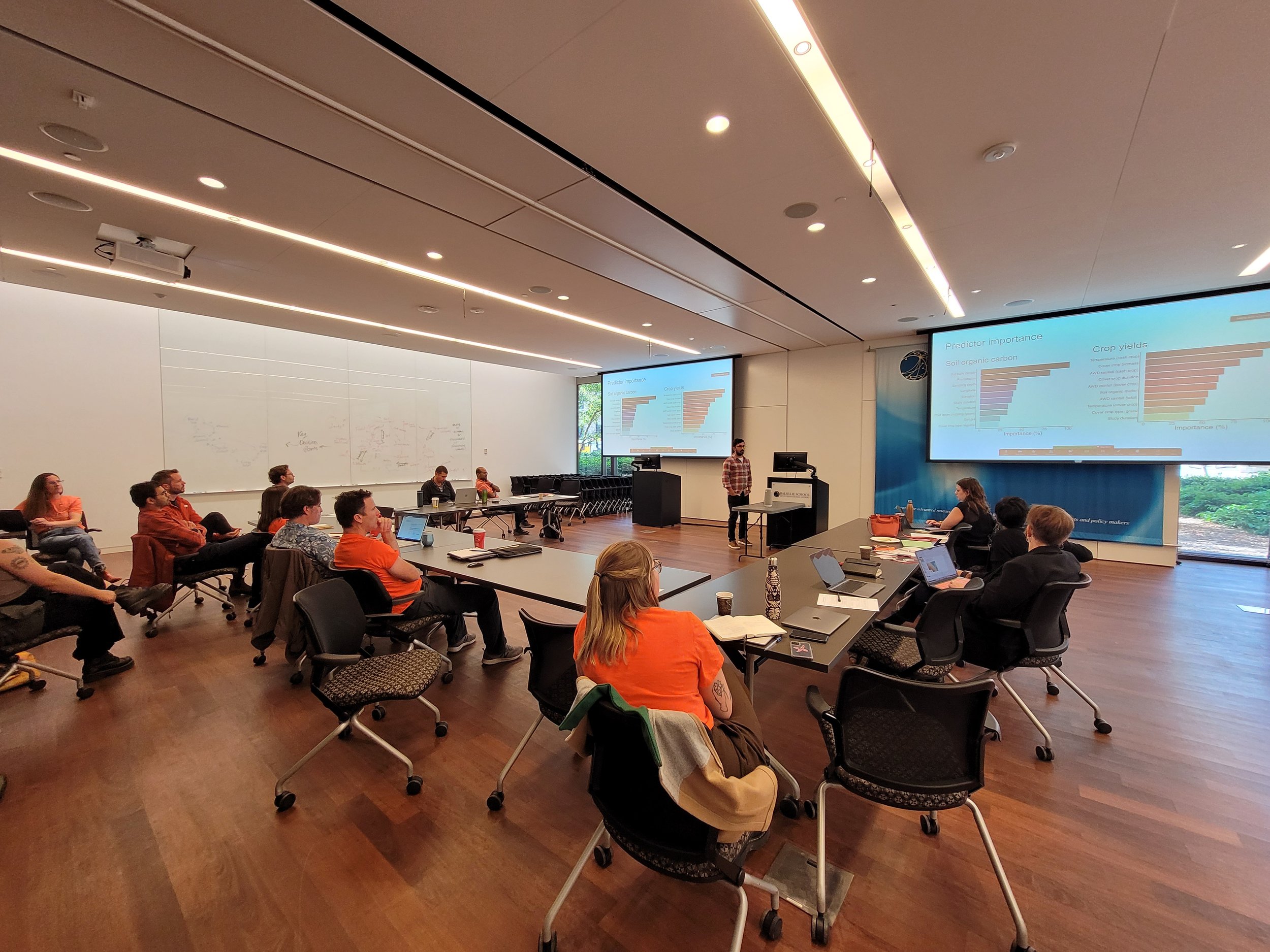
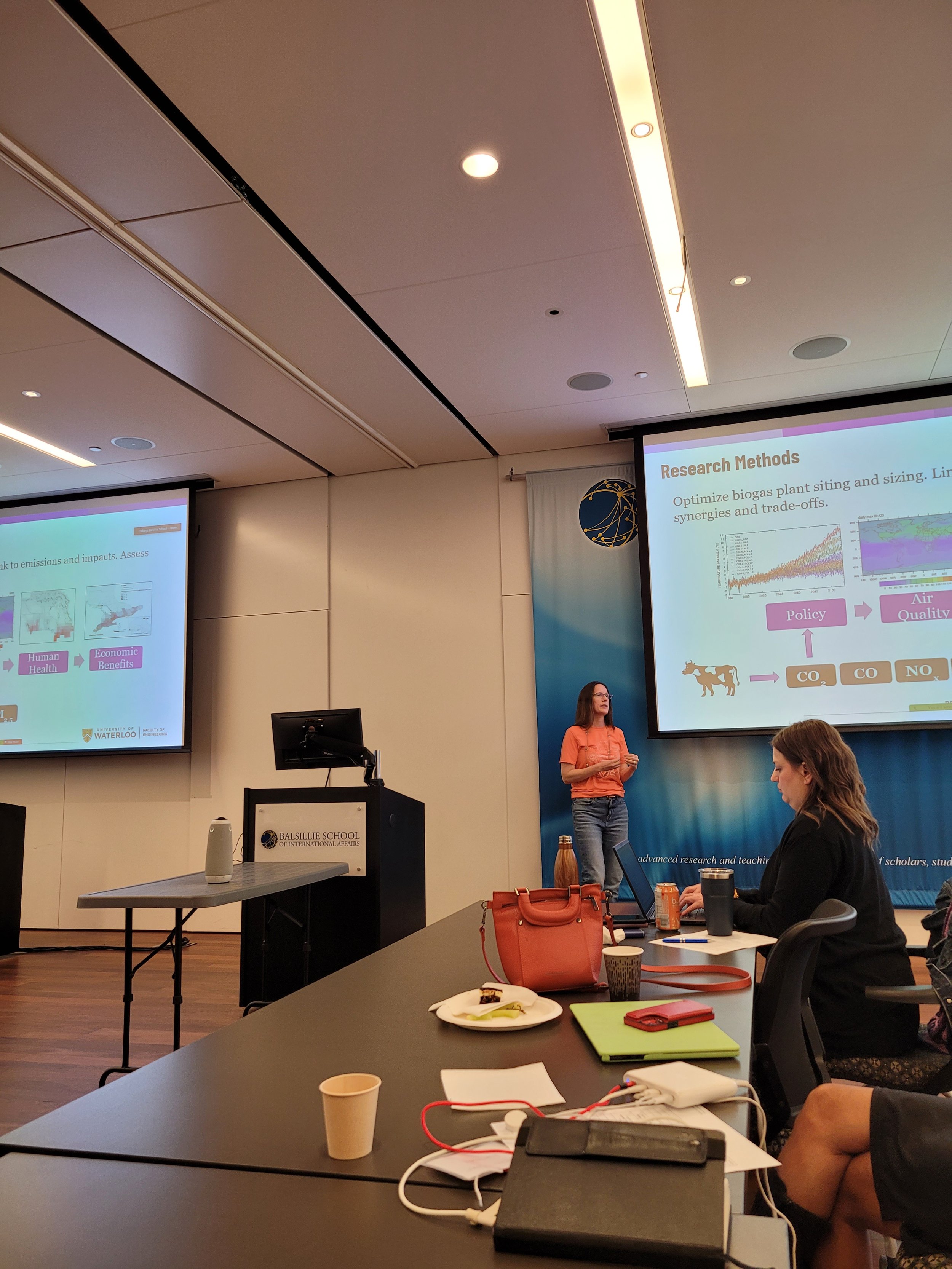
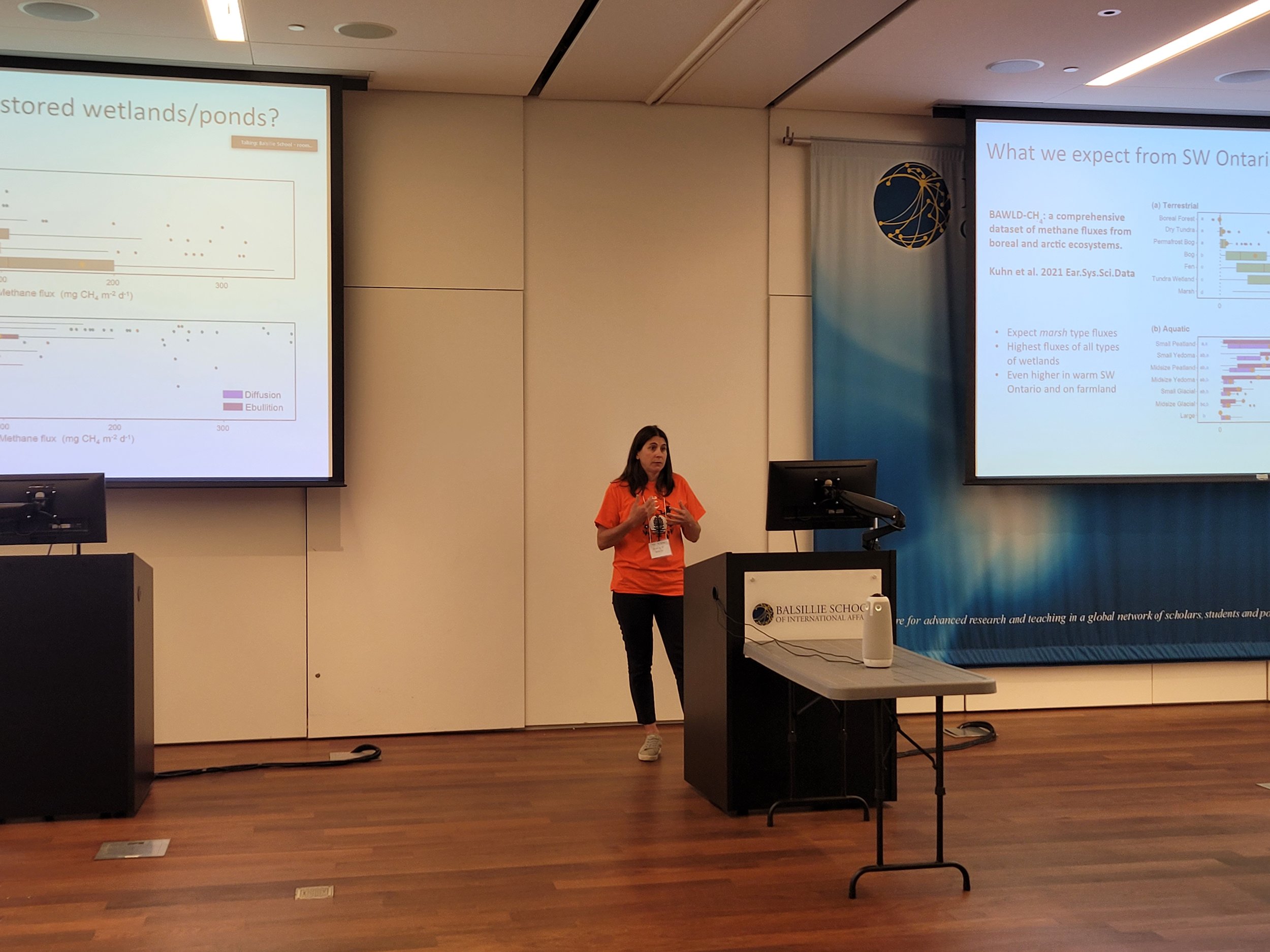
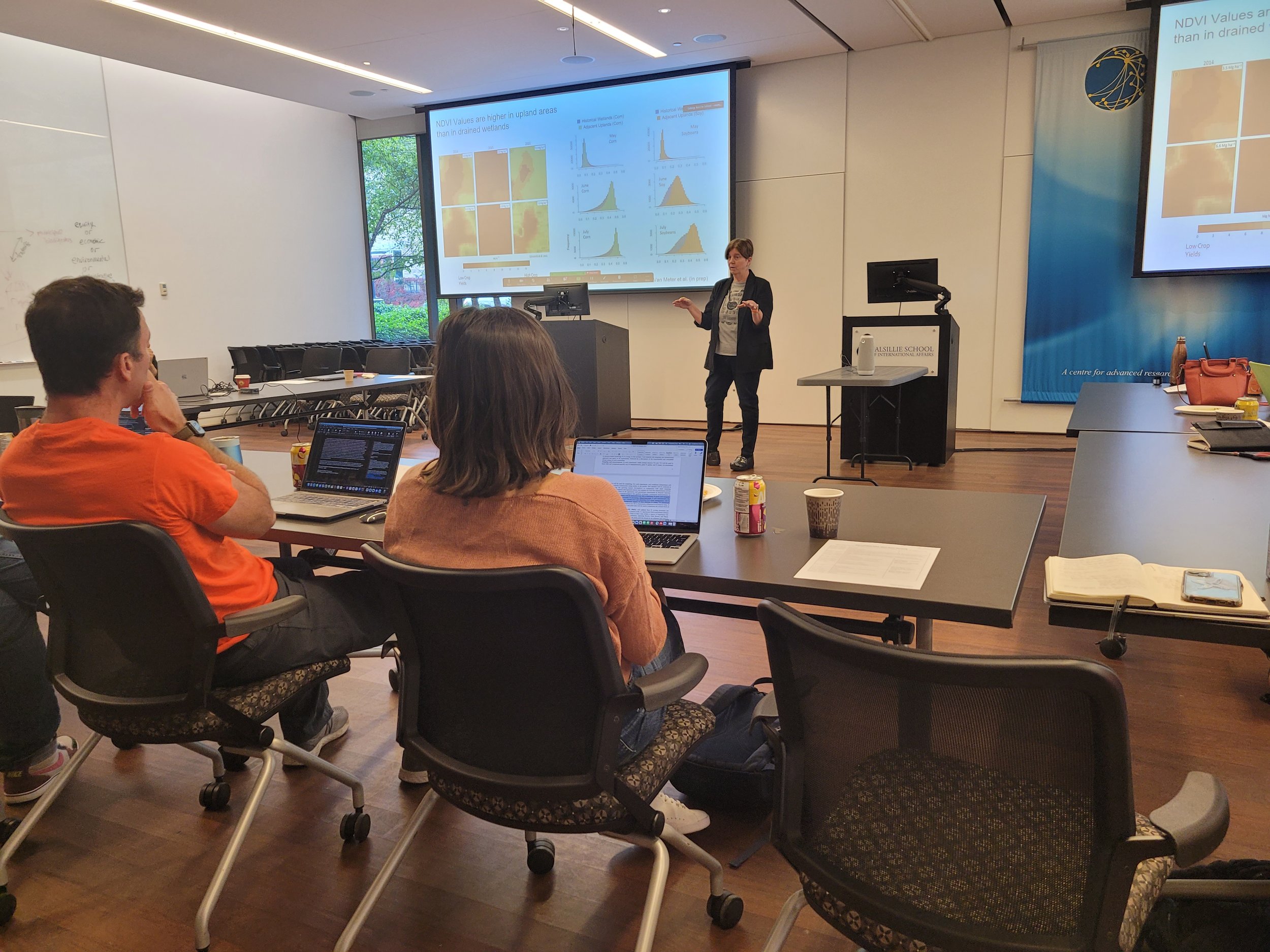
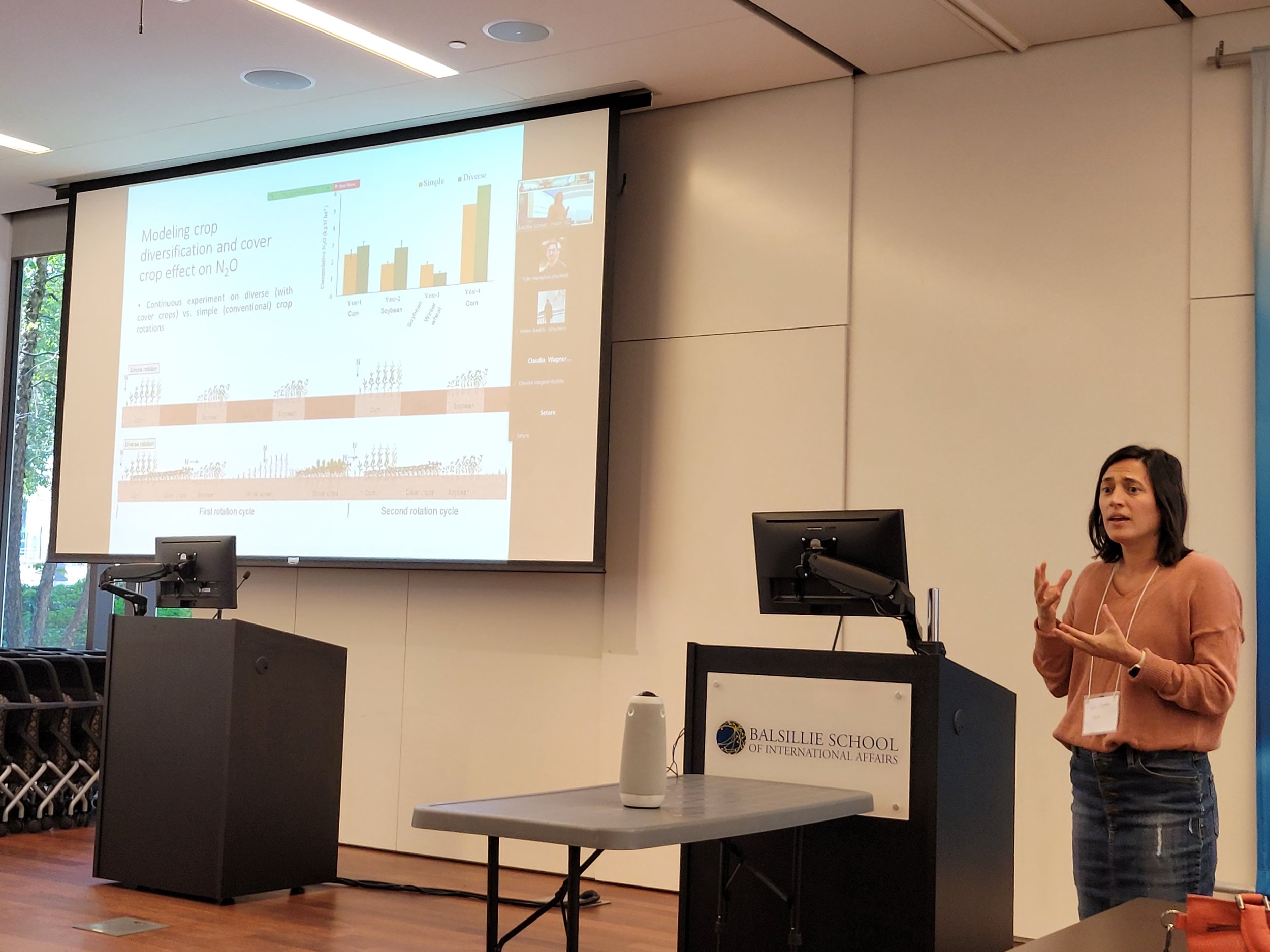

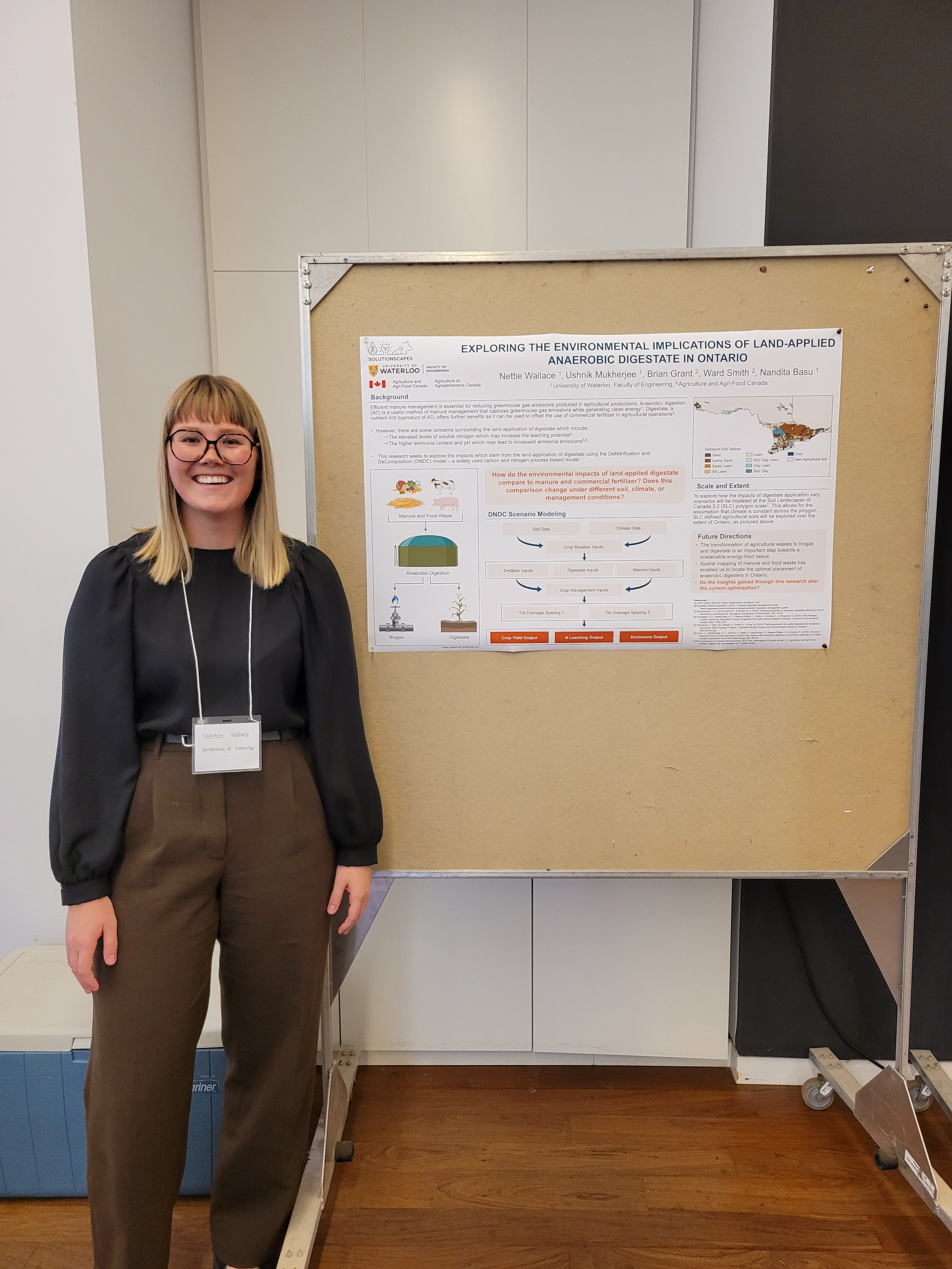

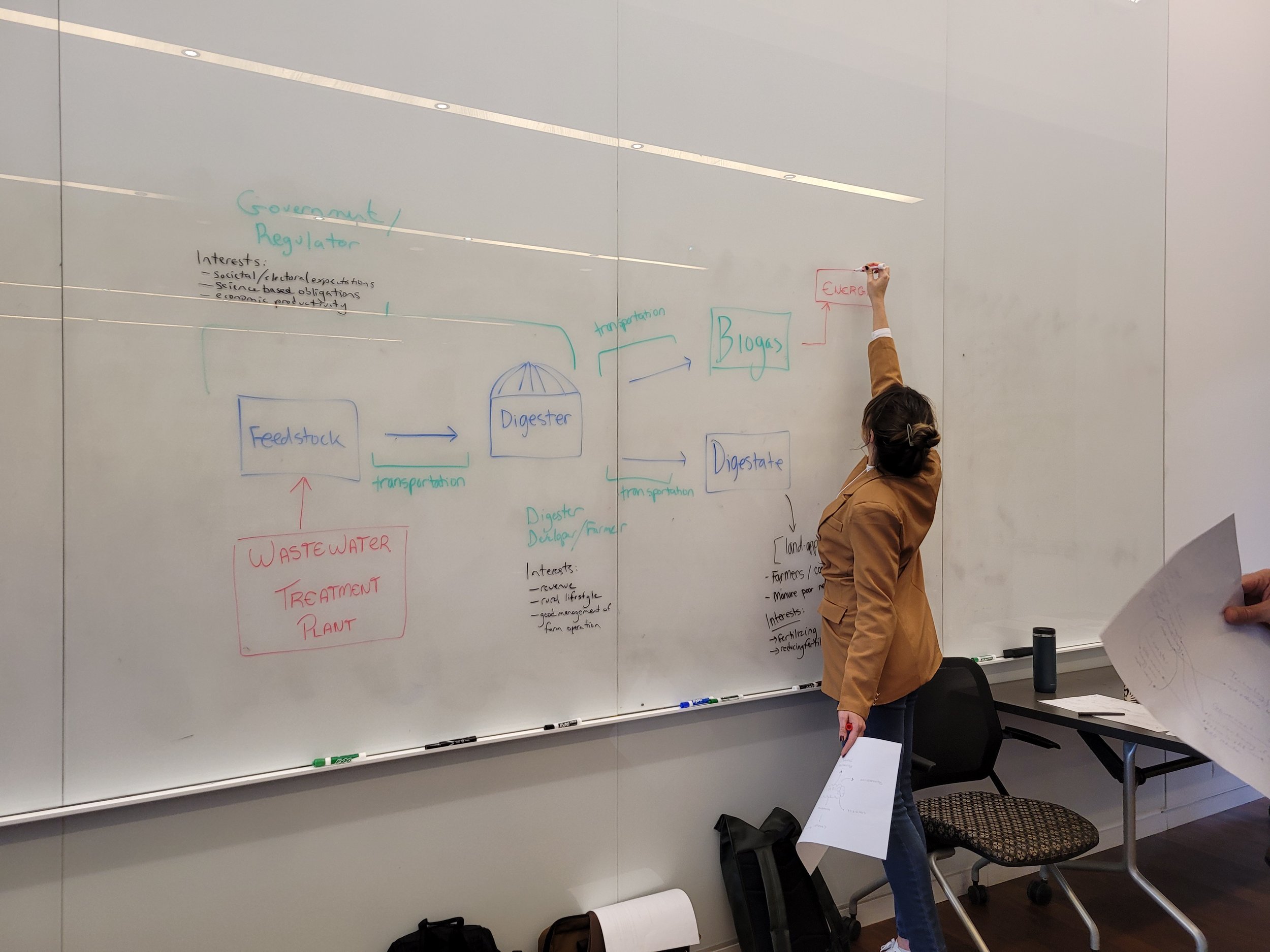

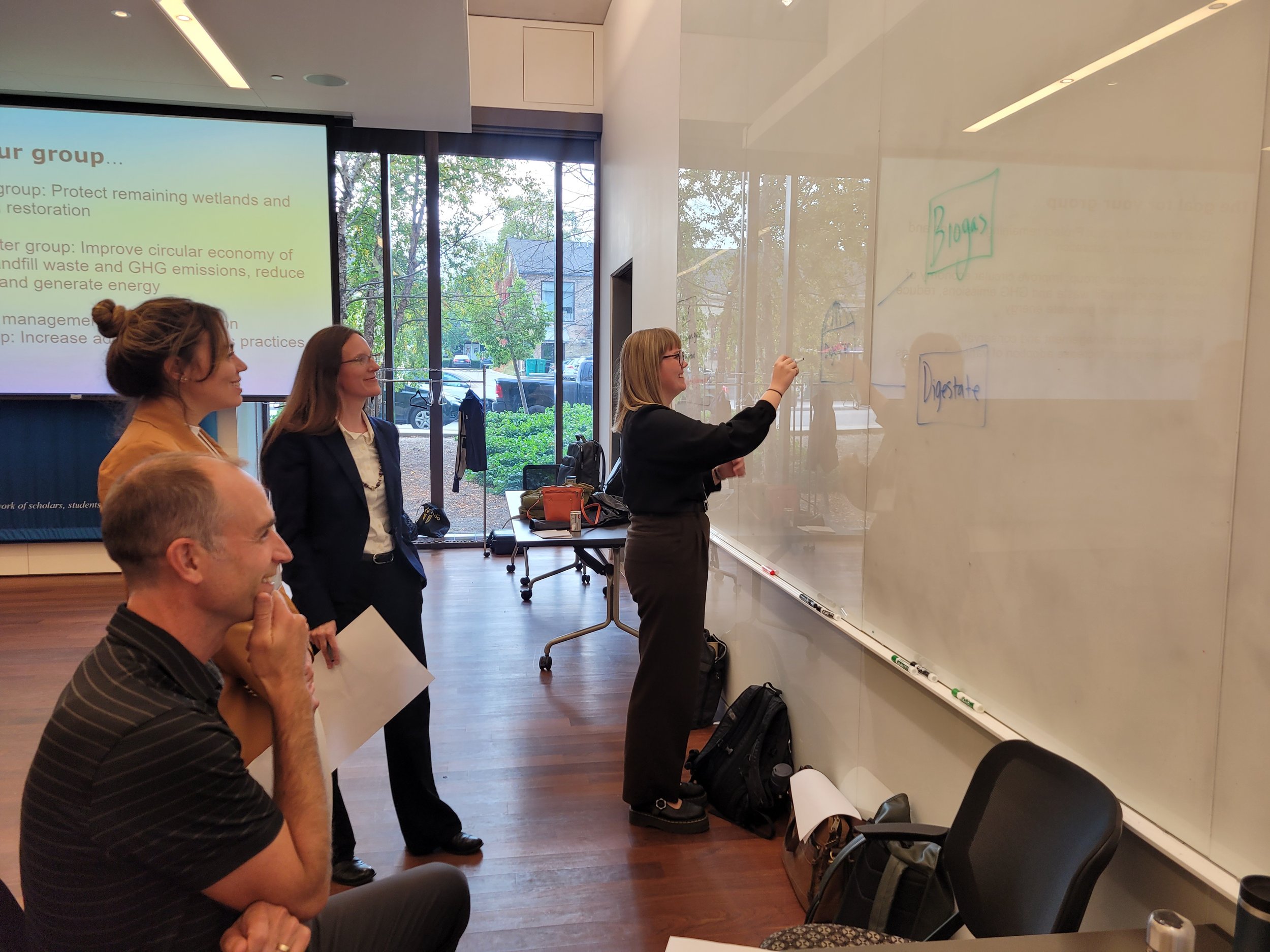
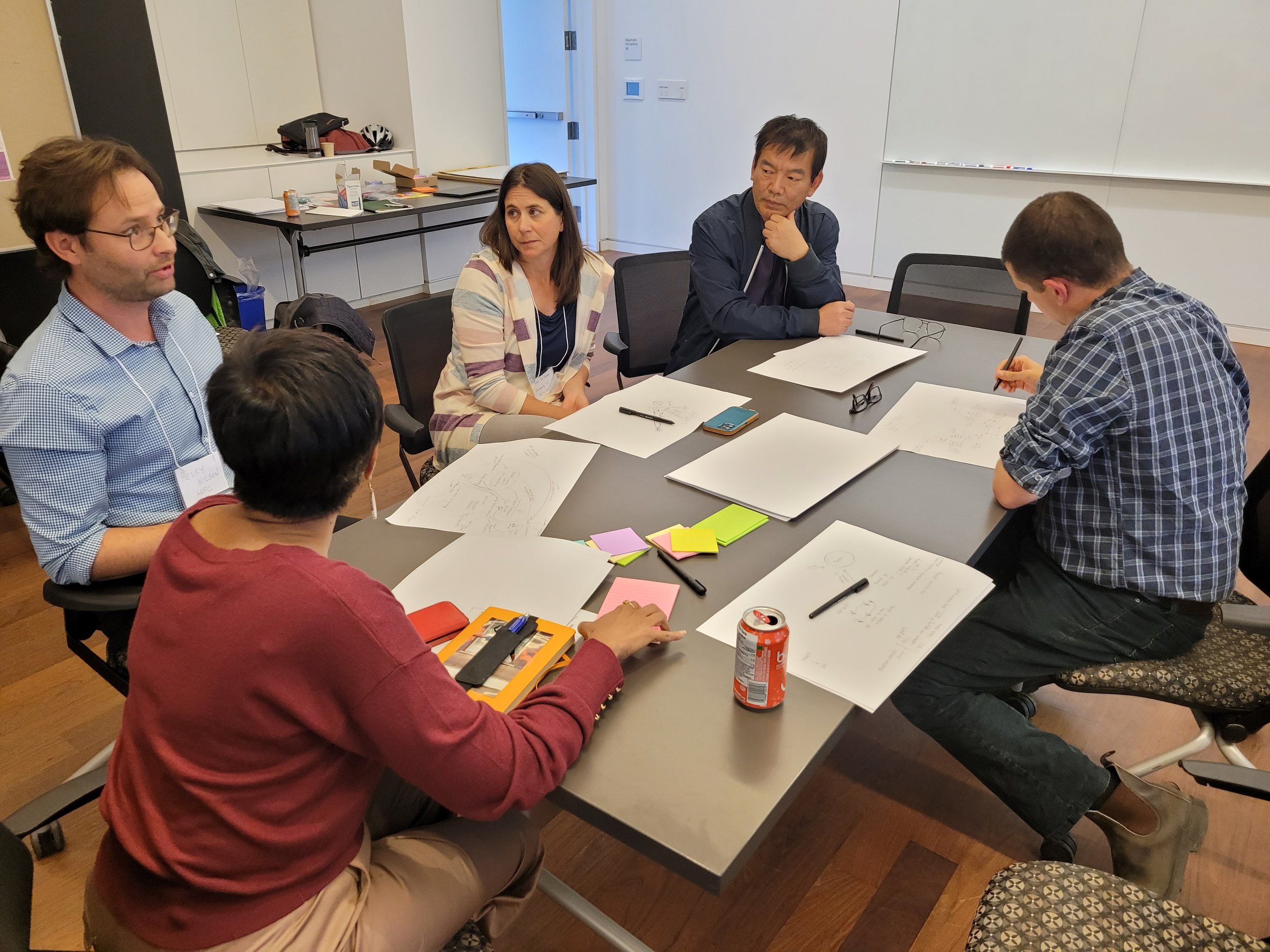
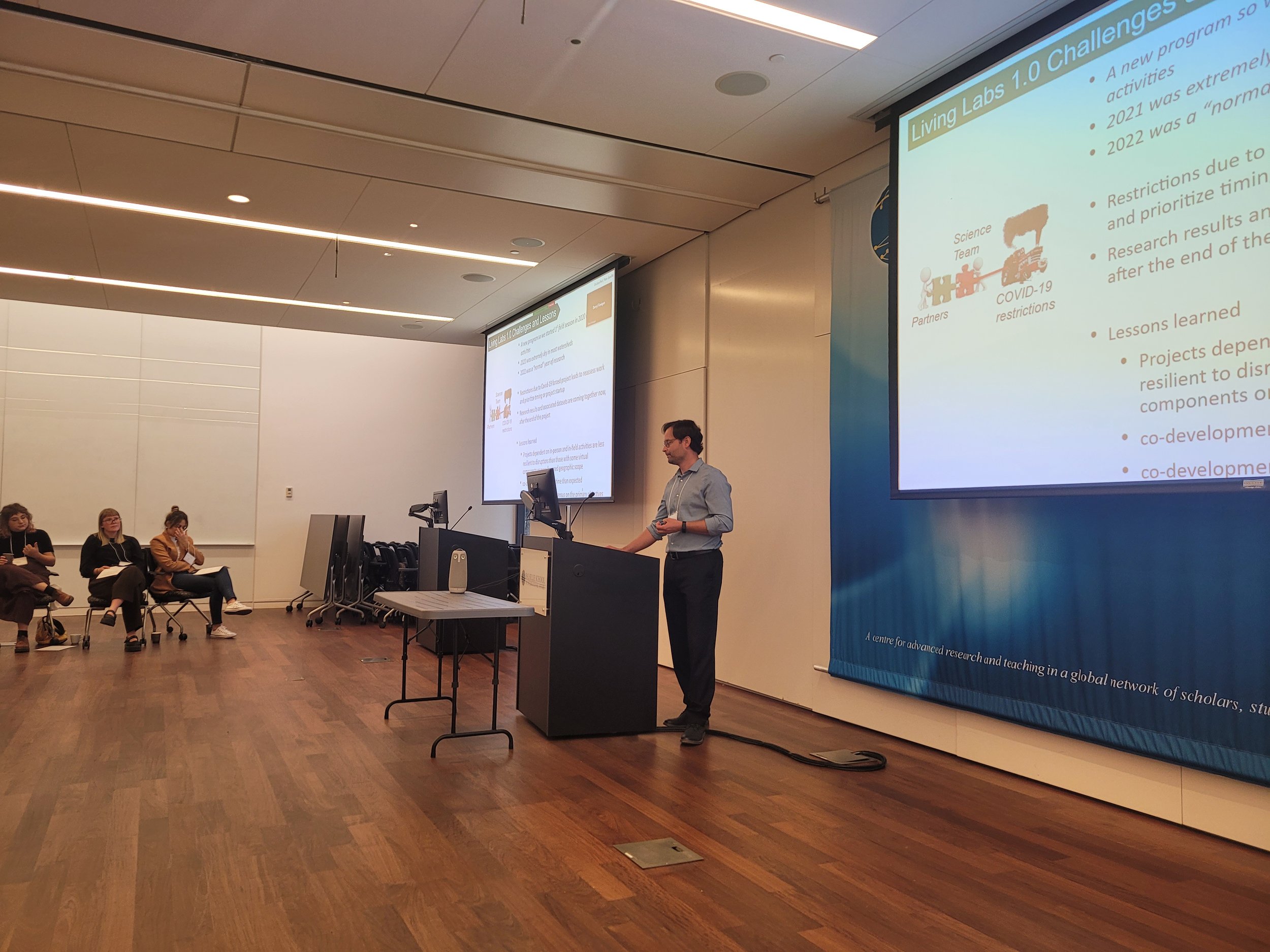
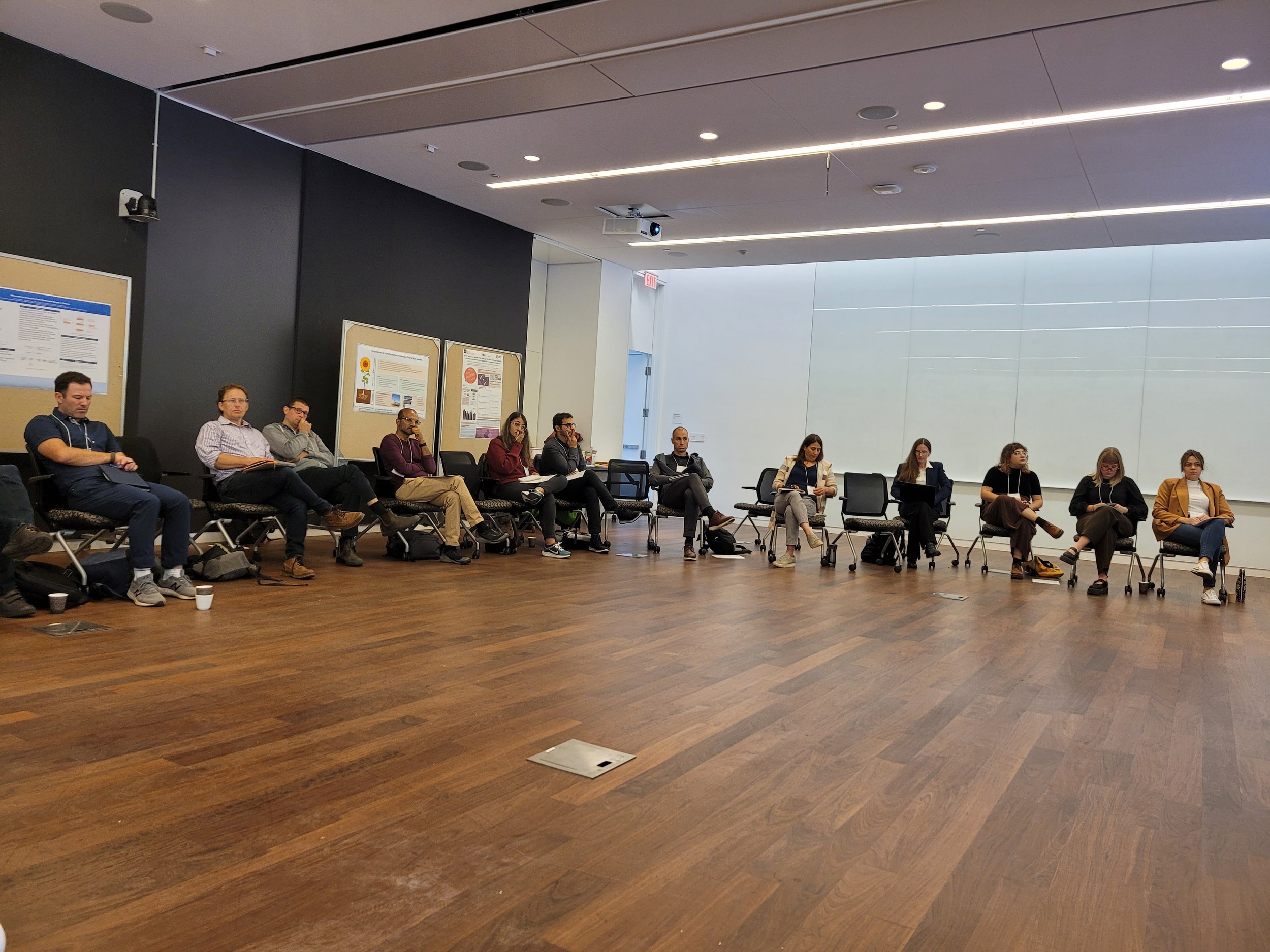
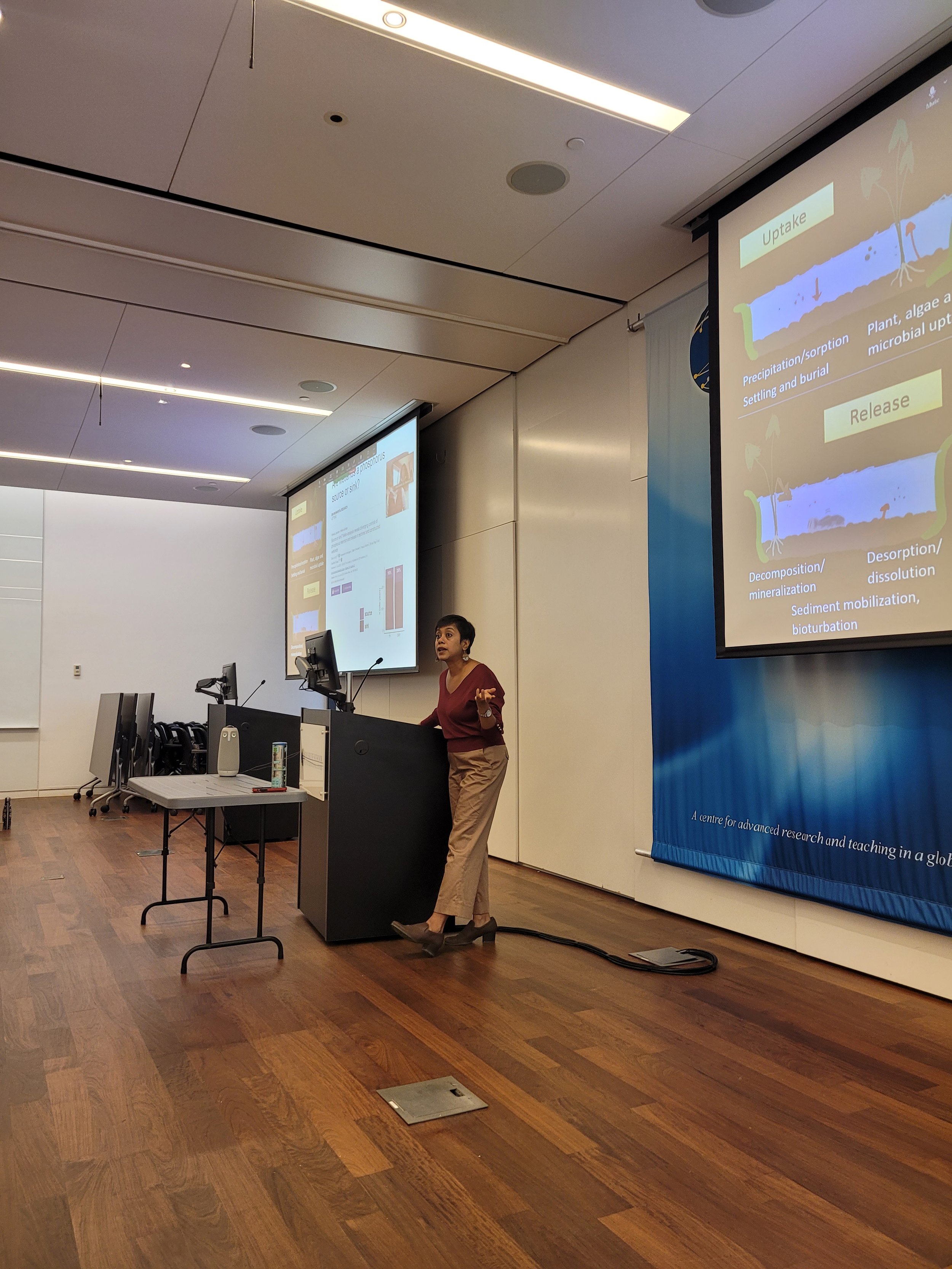
































Recent news
Researchers gather in Waterloo for the workshop Peatlands and Wetlands in a Changing Climate hosted by members of the Solutionscapes Wetlands Team.
Dr. Nandita Basu and Dr. Dustin Garrick present at the Morwick G360 Groundwater Science-Policy Workshop.
The POSEIDON Portal Team hosts a virtual webinar Unlock the POSEIDON Water Quality Portal: Transforming Water Quality Data into Decisions.
Our funders and partners



















